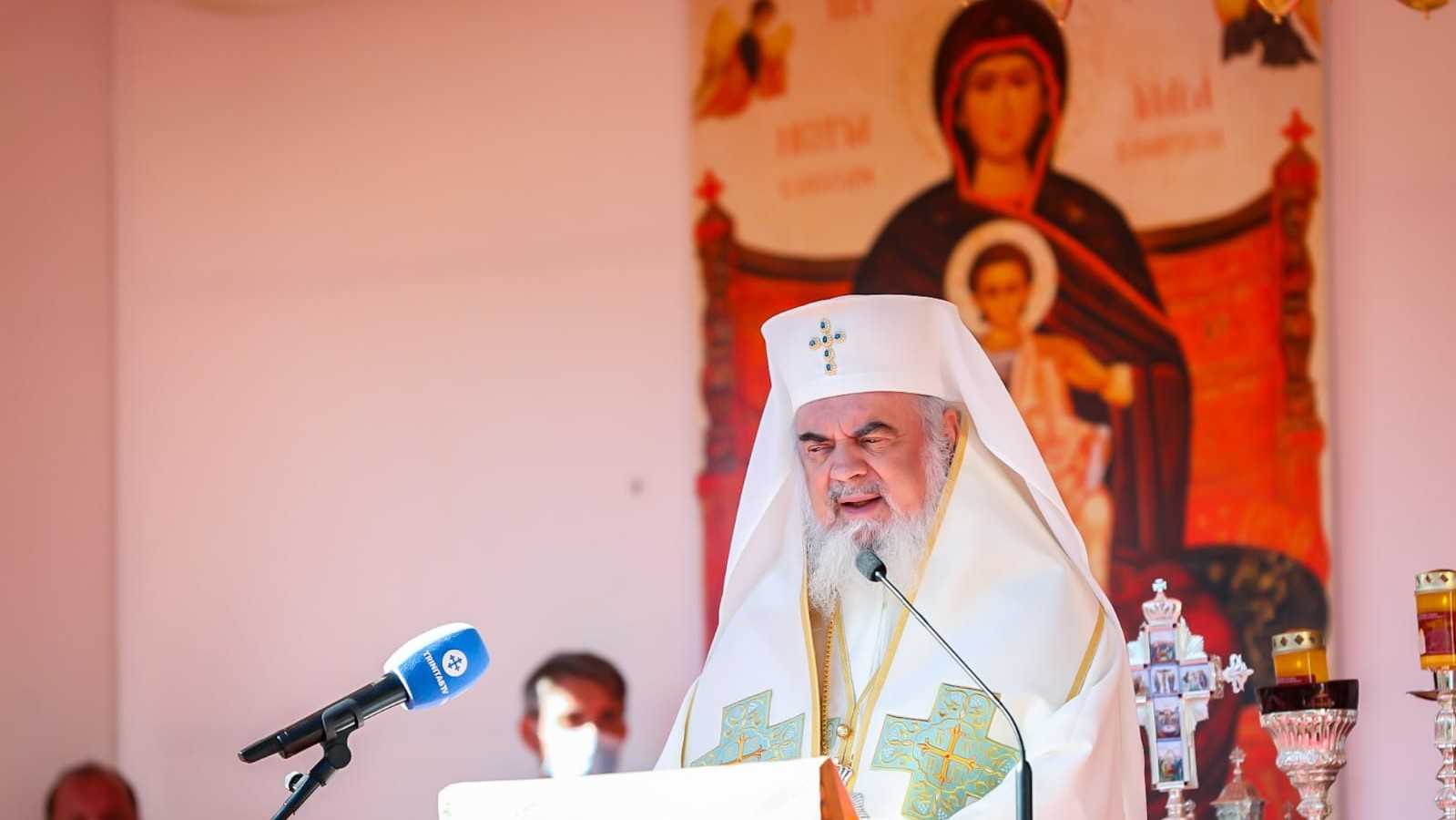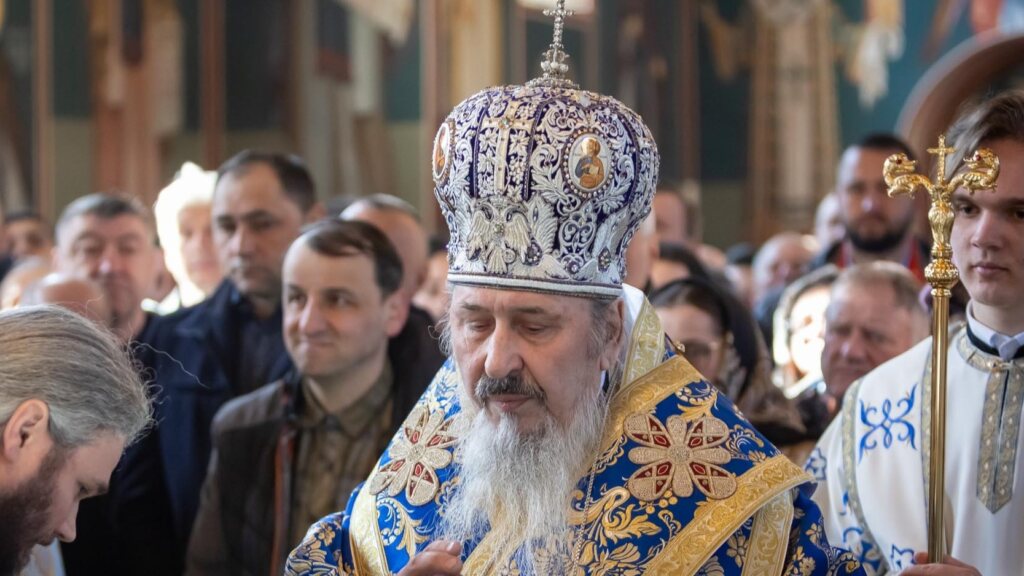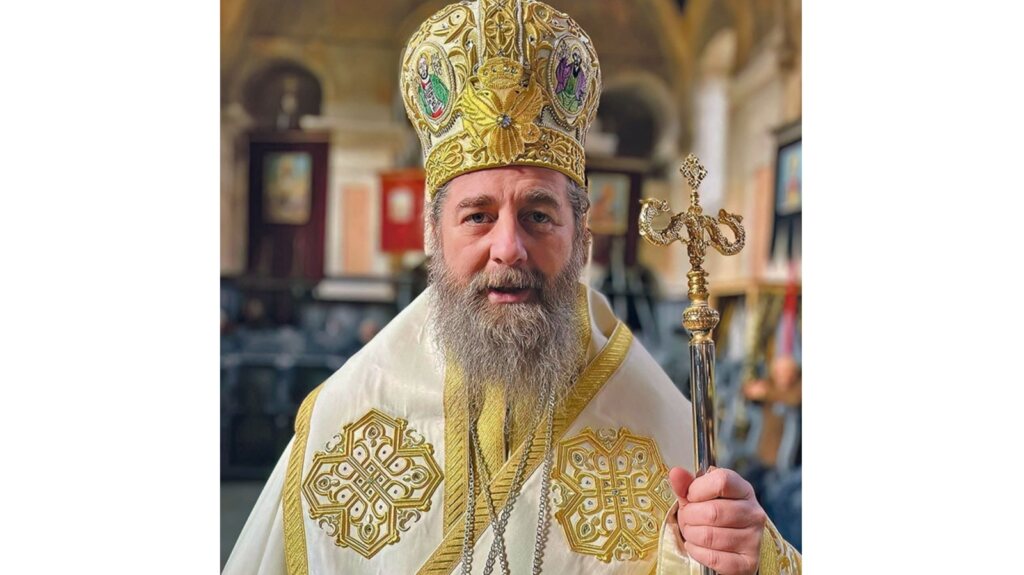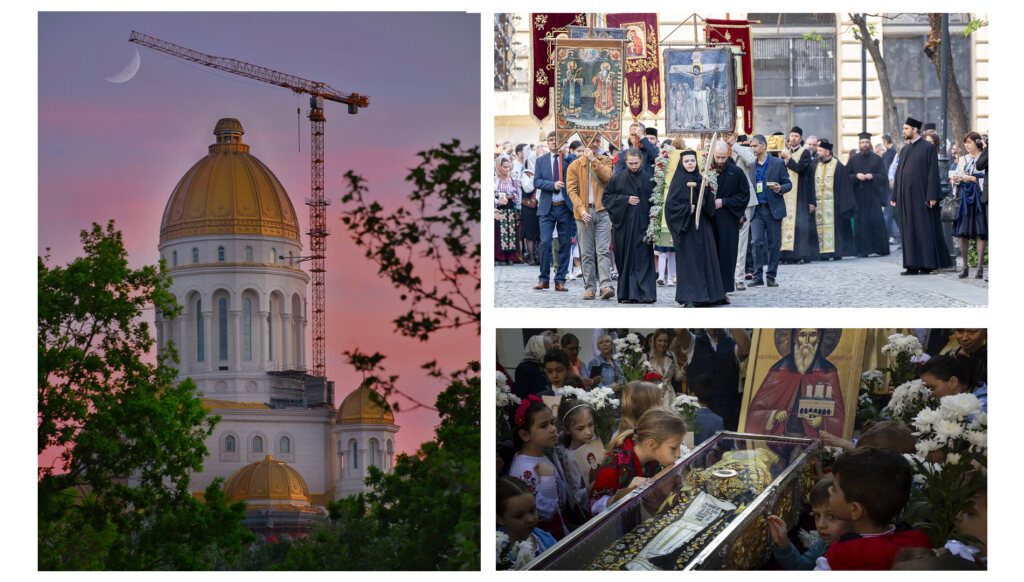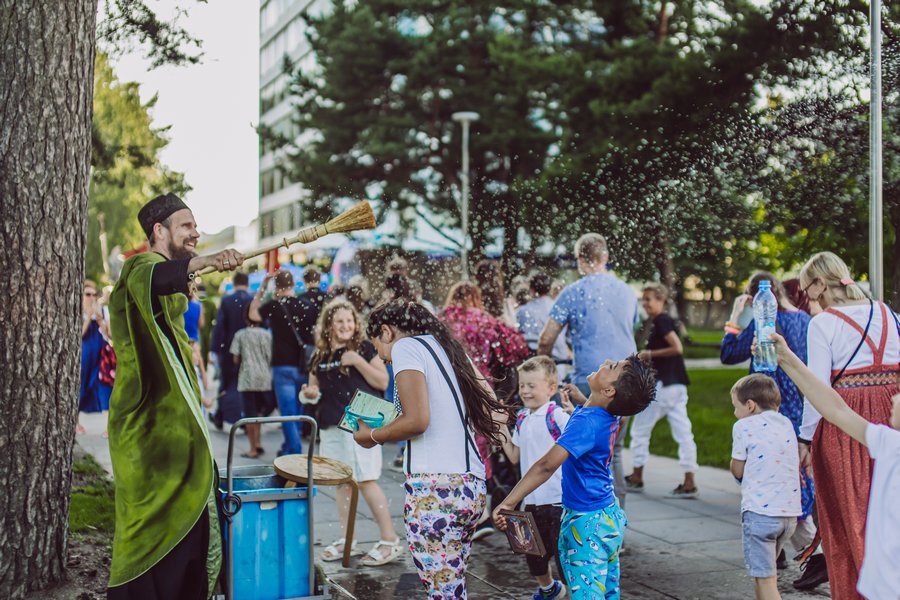His Beatitude Patriarch Daniel reflected on Sunday on the “unusual” command that the Saviour Jesus Christ gave in the Sermon on the Mount, that of loving one’s enemies (Luke 6:35).
“We have an unusual command. No legislator in the world, throughout history, has ever commanded anyone to love their enemy. Therefore, the Saviour Jesus Christ surpasses all by showing the need for a new attitude that seems unnatural in the nature of the fallen, selfish man. Namely, that of loving one’s enemies, of repaying evil with kindness.”
The Saviour does not confirm the widespread mentality of loving one’s neighbour and hating one’s enemies as healthy, said the Patriarch. “He commands that those who follow Him and bear His name, that is, those who call themselves Christians, should love their enemies and do them good.”
How to love those who hurt you
It seems a challenging exhortation to fulfil in daily life, the Patriarch added.
“The Saviour never asks people for anything beyond their power. Only that some of His exhortations cannot be fulfilled without His help. He says, ‘Without Me, you can do nothing,’ that is, nothing good,” the Patriarch explained.
“The gospel of Christ is not a simple book of the law, a moral or legal code. It is the very thought of the Saviour Jesus Christ that can only be assumed, assimilated and put into practice by man with the help of Christ.”
“So, only if we ask Christ to give us His merciful and forgiving love, then can we fulfil the commandment to love our enemies.”
“The gospel tells us that we must not remain in that state of loving only those who love us, of helping only those who help us, but of changing our attitude and doing good constantly toward those who love us and to those who harm us.”
“When we do only good, not evil to our fellow people, we are in a healthy state of mind.”
“When we repay evil with evil, we are in a sick state. Since God created man in His image, and He is Merciful and Good, man is like God as long as he is merciful and good. That is why Christ demands that man be constantly good and merciful, not just selectively, episodically, from time to time.”
In time, the wickedness of others becomes our own wickedness
In practice, however, it is not easy, the Patriarch of Romania stressed October 3.
“Because a man who has been wronged, harmed, humiliated, has been hurt by the wickedness of other people remembers more the evil he has suffered from others than the good. So we remember more those who offended us, wronged us, hurt us or humiliated us, and we forget faster those who did us good.”
“And because we bear in our souls the desire for vengeance and the suffering accumulated in the soul because of the wickedness of others, in time the wickedness of others becomes our own wickedness; it becomes a disease of our soul, and we carry in us the wickedness of others that has become our own wickedness, an unbound tie.”
“Forgiveness does not only do good to the one who is forgiven, but also to the one who forgives because the soul returns to its state of spiritual health, namely to do only good, in the image of the Good and Merciful God,” the Patriarch of Romania added on Sunday, at Brâncuși Parish in Bucharest’s Sector 6.
His Beatitude Patriarch Daniel visited Brâncuși Parish to sanctify the place of worship built by the community since 2008. On this occasion, the Parish Priest Costel Burlacu was awarded the Patriarchal Cross.
“Therefore, only through forgiveness can we free ourselves from the wickedness of others that we have stored up in our souls.”
Photography courtesy of Basilica.ro / Mircea Florescu
Follow us on Twitter: @BasilicaNews
